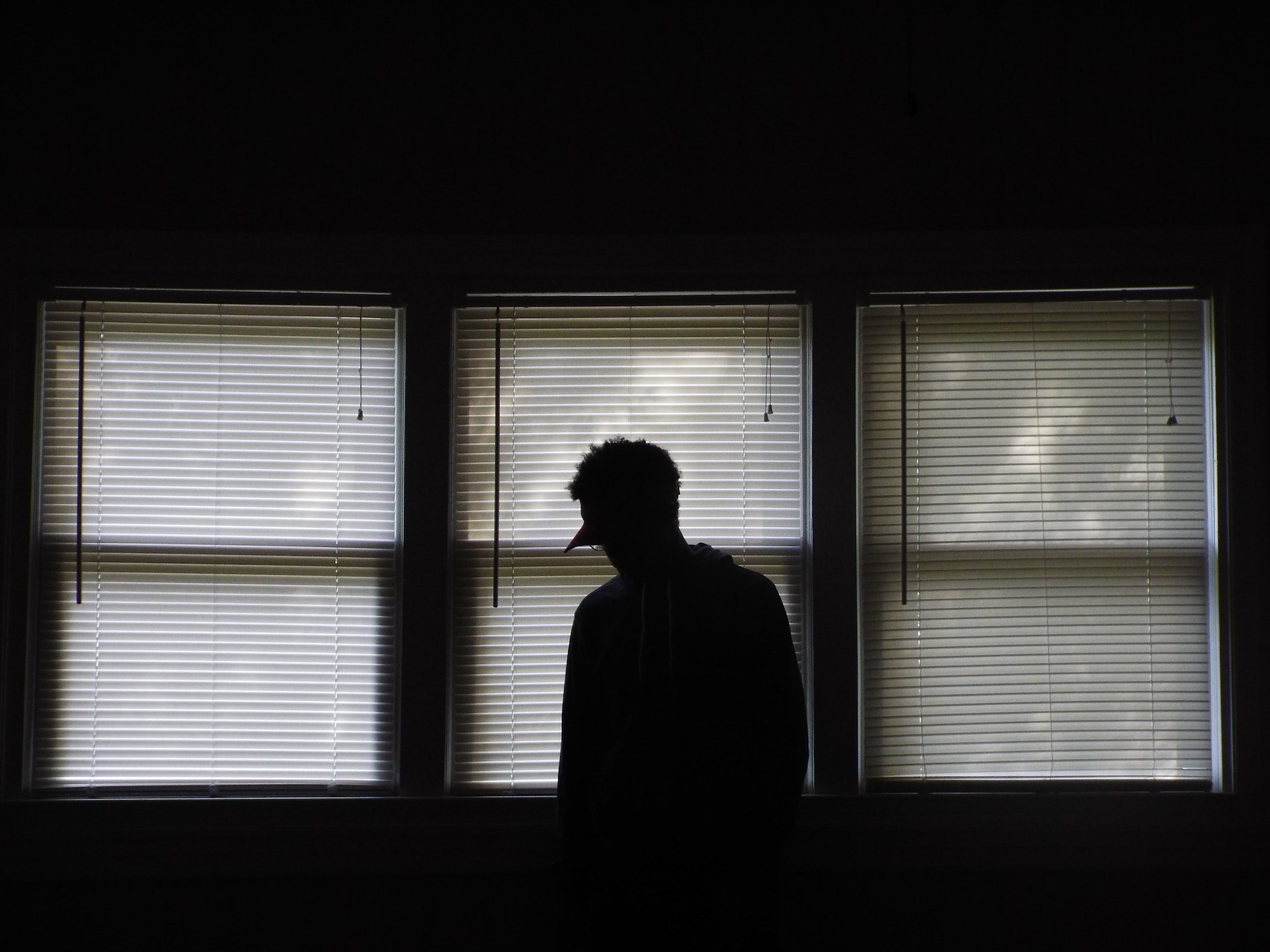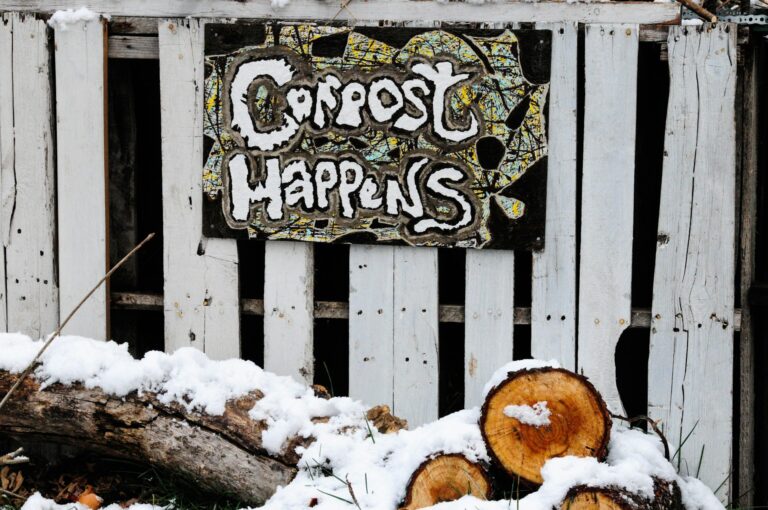UBC psychology study to examine how people worldwide cope with COVID-19 outbreak
The COVID-19 outbreak has impacted everyone in Canada and around the world. Health officials are asking people to practice social distancing to slow the spread of the virus, and this unprecedented series of events has dramatically changed our social landscape.

UBC health psychologists Anita DeLongis and Nancy Sin have launched a new study that will explore the effects of coronavirus on our mental and physical health. Credit: Iz zy/Unsplash
The COVID-19 outbreak has impacted everyone in Canada and around the world. Health officials are asking people to practice social distancing to slow the spread of the virus, and this unprecedented series of events has dramatically changed our social landscape.
UBC health psychologists Anita DeLongis and Nancy Sin have launched a new study that will explore the effects of coronavirus on our mental and physical health. Through the study, the researchers will collect information on people’s thoughts, feelings, and behaviours related to the outbreak. This collaboration will provide new insight into how people cope during an emerging pandemic.

DeLongis and Sin explained their research and how people can take part in the study.
What is the goal of this study?
AD: Our goal is to track people’s changing psychological reactions to COVID-19. We want to follow people across time to try to understand their fears and anxieties about the outbreak. We want to know why some people engage in recommended health behaviours like hand washing, while others do not. And we hope to identify the psychological and social factors that promote better coping and adjustment during this crisis.
How does the study work?

NS: Anyone in the world can sign up! People are asked to complete an online questionnaire about their attitudes and behaviours related to COVID-19, and we encourage people to continue to fill out brief weekly follow-up surveys throughout the course of the outbreak. In addition, we are very interested in the impacts on people’s daily lives. Participants in Canada and the U.S. have the option of enrolling in our daily diary sub-study, which involves brief daily surveys for one week about their feelings, health, and activities.
What are you hoping to learn?
AD: In our past studies of psychological reactions to infectious diseases, we only had the opportunity to study people at one point in time. This has limited our ability to understand the natural history of the infectious disease as it unfolds over time in the community. It’s like having a snapshot or still photograph when what we need is a moving picture of how people’s reactions and ways of coping change. We want to understand the factors that are responsible for those changes. How can people successfully manage their fear and anxiety? What can they do to protect their loved ones and their communities? We are hoping to engage multiple members of households in this study, so that we can look at how they are able to support each other through these stressful times.
What are the positive actions that can emerge from a public health crisis?
NS: We naturally want to connect with one another when in crisis. The need to keep social distance has led to creative ways for people to support one another. Italians singing from their windows and balconies is a great example of our inclination to find or create moments of joy in the midst of stress. Many people have formed online groups within their local communities to share valuable information and to offer their help. Volunteers and neighbours have mobilized to ensure that people in their communities who are socially isolated or vulnerable are receiving food and supplies. These newly-formed social resources will likely continue to enrich our communities even after this outbreak is over. We are interested in whether these positive social and psychological experiences will help people cope better with the stress of the outbreak.
How can people take part in this research?
NS: To learn more and to sign up, they can visit our website at blogs.ubc.ca/coronavirus. The surveys are available in English. We have a team translating the materials to Chinese and are working on a Farsi version. This will allow us to collect data from a broader sample and to examine how people of different cultures are coping with the outbreak.



